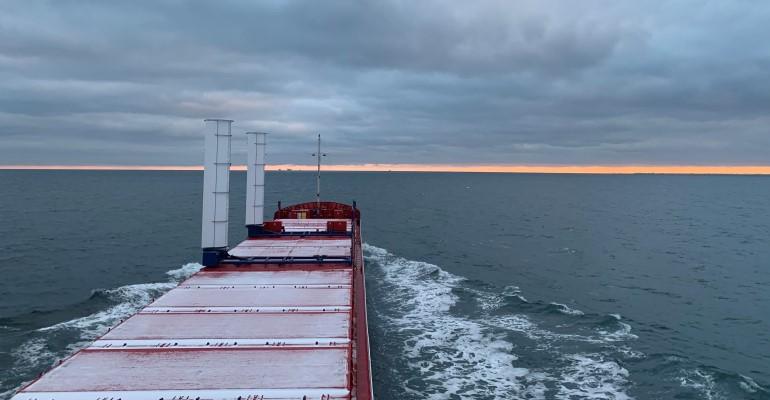Seaborne diesel and gasoil exports from Russian ports rose 8.5% in November from a month earlier to about 2.8 million metric tons after an export ban was lifted and production grew, data from traders and LSEG showed.
Russia temporarily banned exports of diesel from Sept. 21 to cope with a domestic shortage. The embargo was partially lifted on Oct. 9, with Russia resuming ultra-low-sulfur diesel (ULSD) exports via Transneft pipelines. On Nov. 22 Russia lifted a ban on exports of summer diesel.
In the first three weeks of November, diesel output from Russian refineries rose by almost 11% from an average October level to 238,120 tons per day, sources said.
Russian ULSD shipments to Brazil hit a record high in November, data from traders and LSEG showed.
Russian diesel has replaced a large amount of Brazil’s supplies, which were previously sourced from the U.S., traders said.
Russia has diverted its diesel supplies to Brazil, Turkey, Africa, and Asian countries after a full European Union embargo on Russian oil products went into effect in February this year.
According to LSEG shipping data, at least 0.93 million tonnes of diesel were loaded in November in Russian ports, mainly the Baltic port of Primorsk, and were now heading to Brazil.
Most of those cargoes will arrive in Brazilian ports in December.
Between January and November ULSD shipments from Russian ports to Brazil have totaled 5.8 million metric tons, while diesel supplies from the U.S. have fallen to 2.25 million metric tons, after 5.9 million metric tons in the first 11 months of 2022, LSEG data showed.
Russian diesel and gasoil seaborne exports to Turkey rose 16% month-on-month in November to 750,000 metric tons, according to shipping data.
Last month about 550,000 metric tons of diesel and gasoil from Russian ports were heading to African countries, including Libya, Togo, Ghana, Senegal, and Ivory Coast, LSEG data showed.
Another 155,000 metric tons of diesel from Russia in November was destined for ship-to-ship transfers near the Greek port of Kalamata. The final destinations for these cargoes are not yet known. About 200,000 metric tons of diesel have no confirmed destination yet.
Source: Hellenic Shipping News





